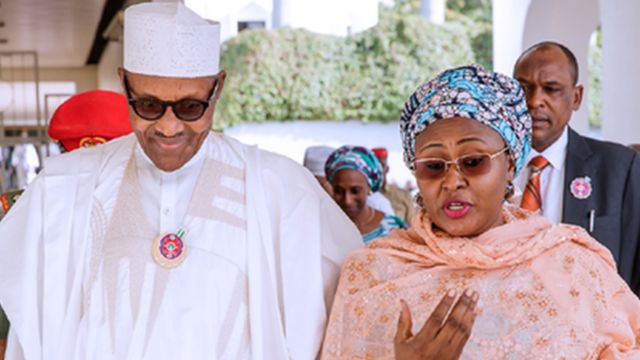The figures look quite parlous as none of the indicators point in the positive direction.
For instance, while Buhari inherited an economy whose currency exchanged with the US dollar at N186, as of last Friday, it had dropped to N800 to the dollar at the parallel market. That is more than a 400 percent drop.
In a country that relies on importation for about 92 percent of its needs, this is a sour experience as the exchange rate pushes the prices of all commodities.
For instance, a 50kg bag of local rice that sold at N34,000 in Lagos two weeks ago has sharply soared to N40,000.
However, the same quantity of rice sold for about N8,500 when this regime assumed power in May 2015.
In a like manner, every commodity, especially the essential ones, has risen in price beyond what the common Nigerian could afford, and without any commensurate means of income to assuage the pains.
The high exchange rate that affects industrial machines and maintenance components and also the raw materials have forced 42 percent of the industries into manufacturing to shut down while most of those that manage to remain in business operate at an outright loss or just battle to remain alive.
These dismal data have been released from time to time by the National Bureau of Statistics (NBS).
Instead of growth, the unemployment rate in Nigeria has become quite alarming having moved from 8.19 percent to 33.3 percent between 2015 and 2022. That is another 400 percent decline and frustration. The figure is a crash of 3.6 percent a year in the past seven years of the regime.
A review of the inflation rate showed that it crashed from 9 percent in 2015 to 20.77 percent as of September 2022.
The debt profile has also worsened by over 300 percent from N12.6 trillion in 2015 to its present standing of N41.66 trillion.
To compound the crises, Nigeria’s major means of earning which is the sale of crude oil is on a very alarming nosedive. In May 2022, Nigeria was producing 78 percent of the OPEC quota.
However, after OPEC in June increased Nigeria’s daily crude production quota by 1.5 percent to 1.826 million barrels per day, the theft worsened.
As you read this report, Nigeria produces about 60 percent of that quota. Crude oil theft which the government could not feign ignorance of or claim inability to curb because the criminal act involves only the rich, the powerful, and well-connected with the powers, has been an albatross on the neck of this administration. Gradually, the crime is slowly and steadily killing the country’s economy without any known remedy applied.


















